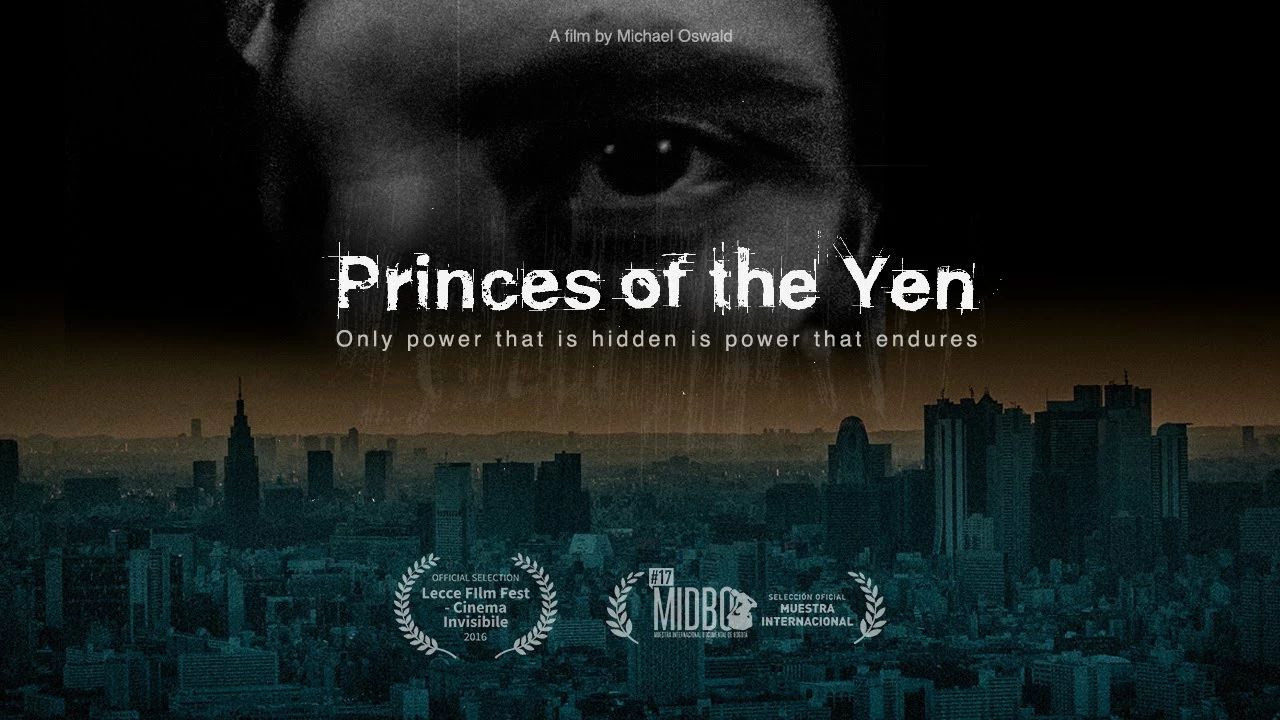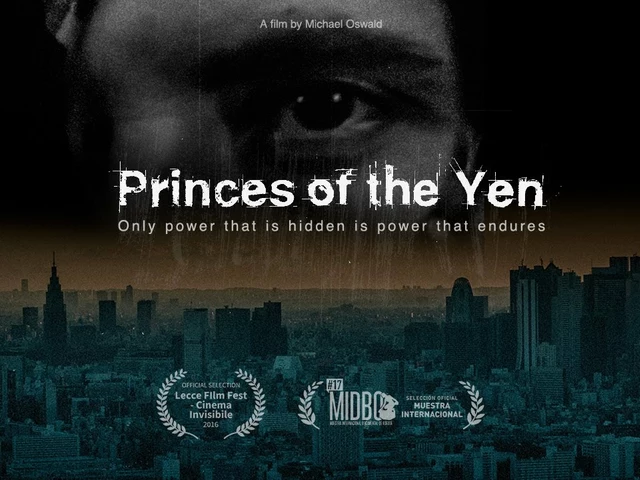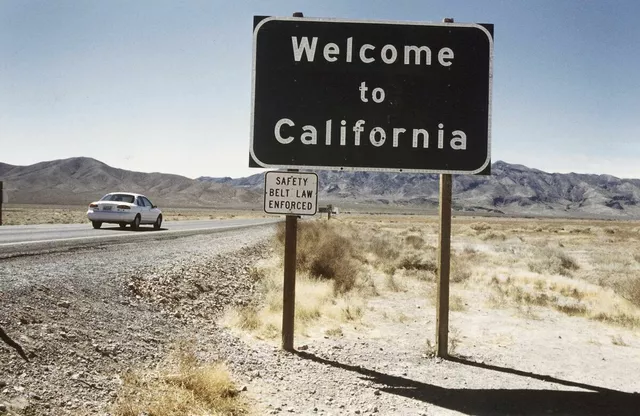
The Big Picture: An Overview of Film Festival Economics
If there's one thing more enticing than the glitz and glamour of film festivals, it's understanding the behind-the-scenes economics of these elaborate events. Seriously, these festivals are not just about celebrities, red carpets, and arthouse flicks. Beneath the surface, we're talking about a bustling industry driven by passionate filmmakers, investors, sponsors, and audiences from around the world.
From Toronto to Cannes, Berlin to Venice, I've always admired the dedication, effort, and funds pumped into making these cinematic congregations happen. Having said that, every time my son Ishaan and I snuggle up with our Siamese cat, Mowgli, for a movie night at home, I feel a slight tinge of guilt. See, Mowgli seems entirely oblivious to the labyrinthian world of film festival economics!
So let's unravel this scheme together, shall we?
The Budget Breakdown: Where the Money Goes
Operating a film festival is no different than running a business, with expenses and profits intertwined in a beautiful, chaotic dance. A significant portion of a festival's finances are allocated towards hefty venue rentals, programming, logistics, guest services, and marketing. The staggering beauty of the Palais des Festivals in Cannes, for instance, doesn't just whip itself up overnight!
Let's not forget the costs involved in movie acquisitions, rights, and translation. Additionally, the festival teams have to grapple with the costs of maintaining an efficient staff, security, ticketing systems, and the oh-so-essential WiFi. I always admired festival directors for their exemplary skills in bringing this potpourri to simmer together. It's more difficult than cooking a perfect pot of biryani, believe me!
Fundraising Mania: Sponsors, Government Grants, and Donors
Did you know, the majority of film festivals harmonize a choir of sponsors, government grants, and donors to meet their budgets? It's a fundraising jamboree that requires excellent interpersonal skills, a strong network, and an irresistibly compelling pitch about the festival's unique offerings and impact. And don't forget, they are fighting a stiff competition with hundreds of other festivals vying for the same pool of money. Trust me, it's a jungle out there!
Sponsorships tend to outnumber other revenue streams, with brands achieving extensive exposure at these events, be it through logo placements, speaking opportunities, or product integration. On the other hand, government grants hinge on a festival's ability to promote cultural diversity, indigenous art, and local tourism. And, let's spare a moment to appreciate the benevolence of individual and corporate philanthropists, who donate just for the love of cinema and community spirit.
Tickets and Passes: The Audience's Pocketbook
Traditionally, ticket sales have been a primary revenue stream, ensuring film buffs everywhere get their cinematic fix while the coffers stay full. Festivals offer an assortment of tickets and passes, ranging from single tickets to full-festival passes, often with a myriad of discounts and perks. My son Ishaan always insists on getting the 'VIP' passes. Talk about simple pleasures!
However, the advent of virtual screenings during the COVID-19 pandemic posed new opportunities and challenges. While it reduced physical event costs, it simultaneously created the need for secure and user-friendly digital platforms, eating into the revenue pie. Yes, occasionally, it seems like festivals navigate a precarious rope - but isn't that what makes them so fascinating?
Filmmaker's Payday: Film Sales and Distribution Deals
This section is for all you aspiring filmmakers out there. A substantial part of film festival economics revolves around film sales and distribution deals. Festivals serve as vibrant marketplaces where directors and producers showcase their work in hopes of securing a lucrative distribution deal. The seclusion of short films here is crucial, as I've seen many talented filmmakers thrive on the opportunities provided by festivals for these oft-overlooked gems.
However, it's not all rosy. With the rise of streaming platforms like Netflix and Amazon, the conventional movie distribution landscape has experienced significant disruption. These digital platforms have been competing aggressively for exclusive content rights, and that's reshaping how deals are negotiated and struck.
The Long-Term Impact: Building Cultural Capital and Boosting Local Economy
Last but not least, the economics of film festivals extend beyond their balance sheets. By fostering cultural exchange and highlighting regional cinema, film festivals build 'cultural capital'. This can translate into a more robust community identity, increased tourism, and even potential growth in local creative industries.
More than once, my friends visiting Chennai have confessed their love for the city ignited through the Madras Film Festival. Seeing the local cuisine, arts, and culture portrayed evocatively on the big screen nudged them to book their flights. And by doing so, they're contributing to the broader economy, one samosa at a time! If that's not a win-win, I don't know what is.
So there you have it, a deep dive into the intriguing economics of film festivals. So next time when you sit down to watch a movie, spare a thought for the carnival of commerce and creativity that brought that film onto the screen. And perhaps share this article with your cat too, just in case. Mowgli has never been the same since!







Write a comment